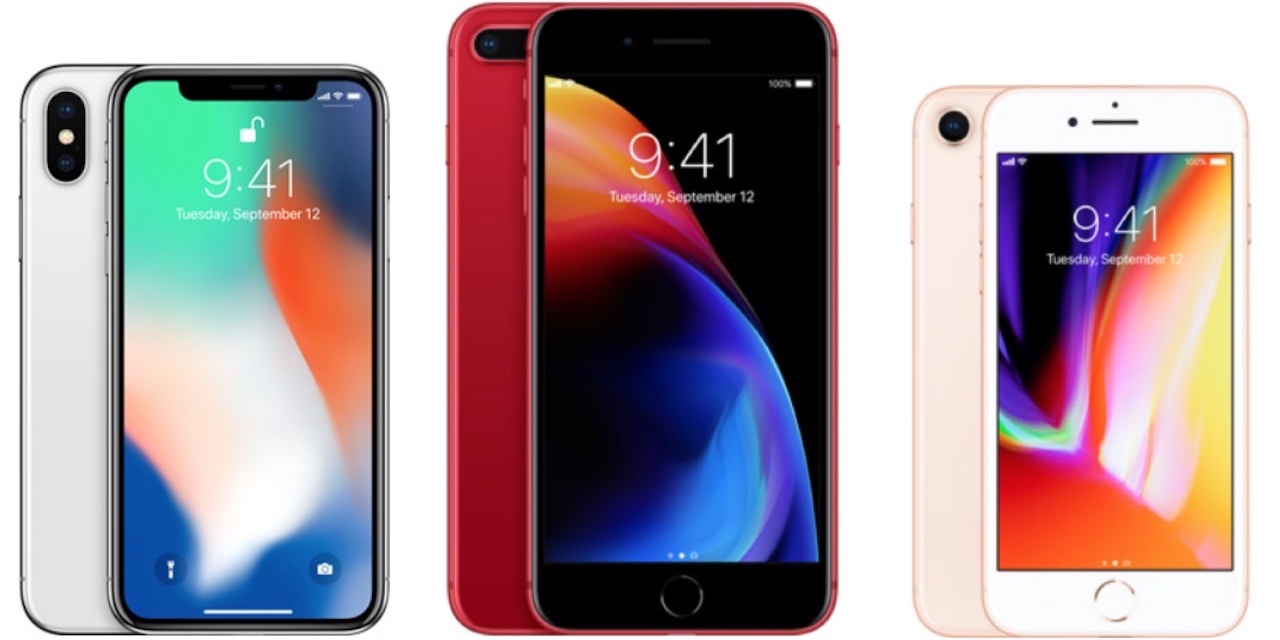
Your product is your brand. Its value proposition to customers should be at the very core of how, when and what you communicate to the world. Apple, Nike, BMW and Disney have powerful brands because they are leaders in their respective industries, not the other way around.
Contrary to popular belief, branding is not about names, logos or advertising. It’s about reputation. Your brand is the sum total of customer perception through experience with your company – primarily your company’s products and services. That’s where your reputation comes from.
Many predicted that the Internet age would kill branding. In reality the opposite occurred.
Ecommerce platforms and digital advertising may have helped to level the playing field, but brand reputation is more important now than ever.
Consumers are so overloaded with information, overwhelmed with choices and distracted by content, they have little time or patience to comparative shop or deal with crappy products and service.
Luckily, they don’t have to. They can opt for trusted brands instead.
Bob Pittman, now CEO of iHeartMedia, has run everything from MTV and Nickelodeon to Century 21 and Six Flags. When he was president and COO of AOL back in its heyday, he said, “Coca-Cola does not win the taste test. Microsoft does not have the best operating system. Brands win.”
That’s still true. Big brands have never been more powerful than they are today.
Pittman’s point notwithstanding, there is not a company on the face of the Earth that can maintain a powerful brand image with lousy or even mediocre products and service. Just look at HP, JC Penney, BlackBerry and Yahoo. Their reputations are a shadow of what they once were.
Look at it this way. Your word is your promise. So is your brand. It’s a promise you make to every customer that, when they use your products and engage with your company, they can expect a certain level of performance, a certain type of experience, a certain customer service attitude, a certain level of quality.
It’s your job to make sure you – not your competitors or the media – define and control that promise. It’s even more important to ensure that your brand promise is consistent with the value proposition customers can expect to experience with your products. If you overpromise and underdeliver, they’ll be disappointed.
In an era of communication overload where the emphasis is on frequency and volume, it’s more important than ever to control the message and the delivery. The trick is to boil complex concepts down to their simplest form and communicate your product’s value in a way that’s meaningful to customers.
But make no mistake. Until you come up with a kick-ass product or service that customers love, you really don’t have much to talk about.
A version of this originally appeared on Entrepreneur.com.
Image credit Apple